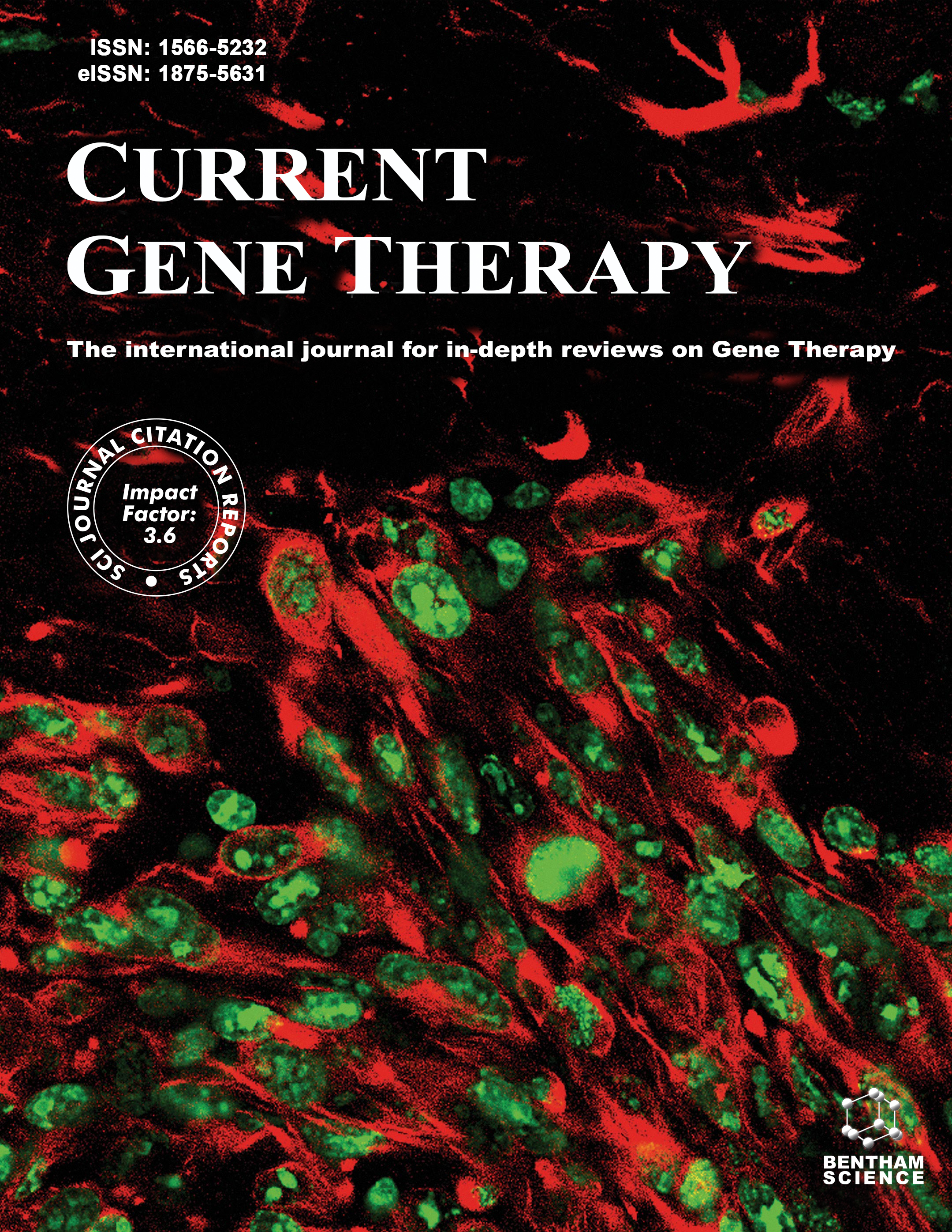-
oa Gene Therapy Targeting Nuclear Factor-κB: Towards Clinical Application in Inflammatory Diseases and Cancer
- Source: Current Gene Therapy, Volume 9, Issue 3, Jun 2009, p. 160 - 170
-
- 01 Jun 2009
Abstract
Nuclear factor (NF)-κB is regarded as one of the most important transcription factors and plays an essential role in the transcriptional activation of pro-inflammatory cytokines, cell proliferation and survival. NF-κB can be activated via two distinct NF-κB signal transduction pathways, the so-called canonical and non-canonical pathways, and has been demonstrated to play a key role in a wide range of inflammatory diseases and various types of cancer. Much effort has been put in strategies to inhibit NF-κB activation, for example by the development of pharmacological compounds that selectively inhibit NF-κB activity and therefore would be beneficial for immunotherapy of transplantation, autoimmune and allergic diseases, as well as an adjuvant approach in patients treated with chemotherapy for cancer. Gene therapy targeting NF-κB is a promising new strategy with the potential of long-term effects and has been explored in a wide variety of diseases, ranging from cancer to transplantation medicine and autoimmune diseases. In this review we discuss recent progress made in the development of NF-κB targeted gene therapy and the evolution towards clinical application.


